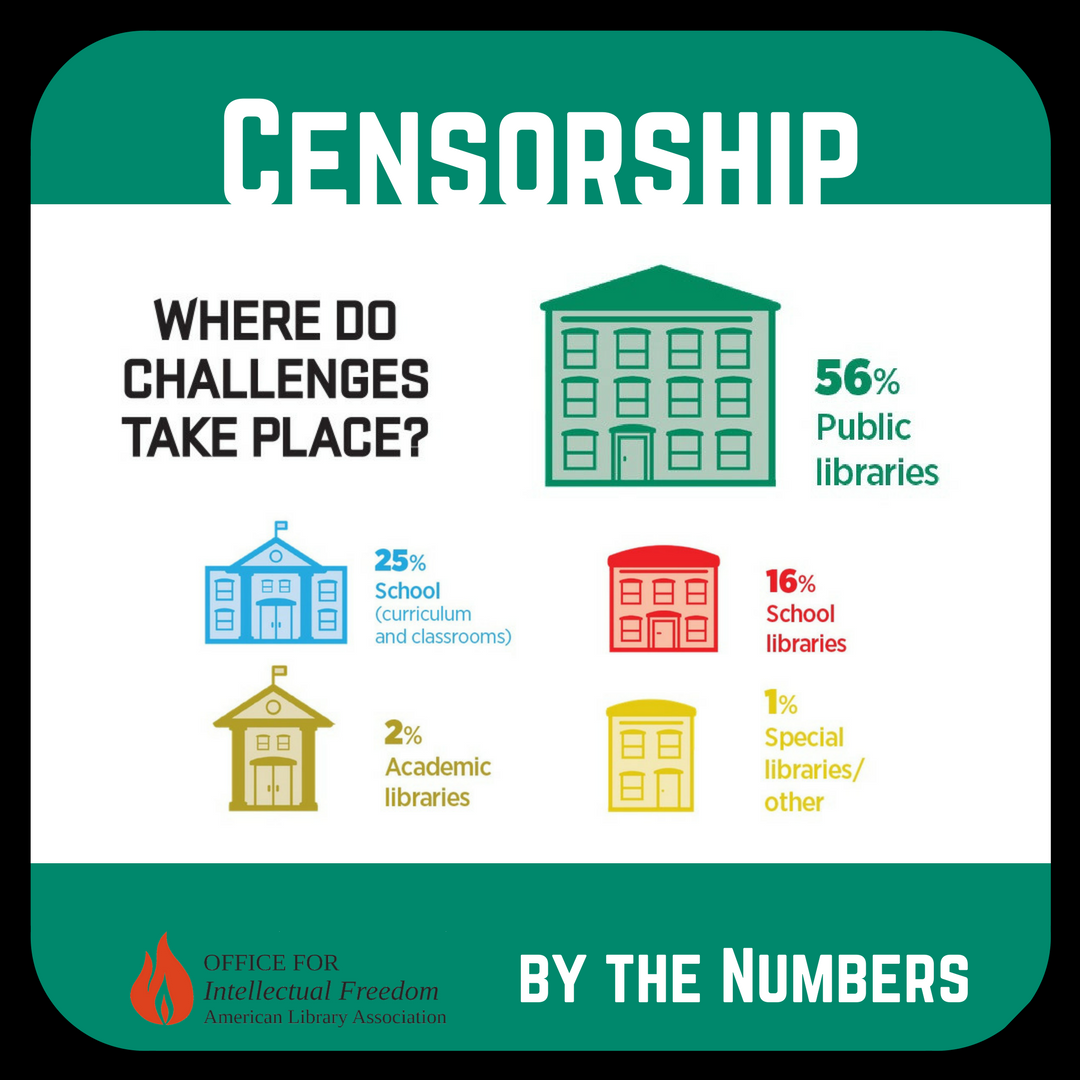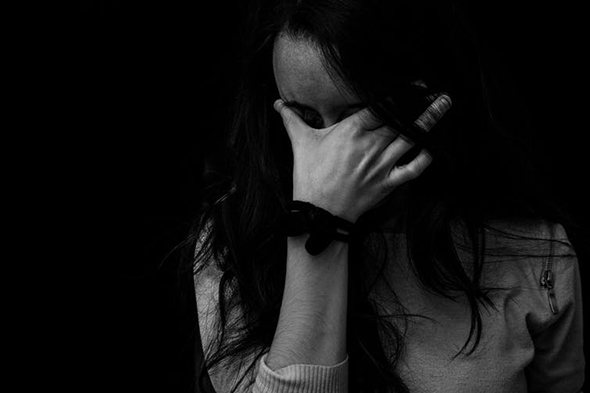Banned Books Week 2018 is being celebrated from September 23-29. The American Library Association event reminds us that times and mores have changed. Some books have been banned because by today’s standards they are politically incorrect. Others were banned because of eroticism. Hopefully, we will reach the point where the written word is accepted for what it is, merely the view of the person who has put it to paper. We aren’t there yet, but we are evolving.

I read Henry Miller’s “Tropic of Cancer” when I was thirteen years old. Mine was a smuggled copy. The book was first published in 1934, in Paris, the setting of the novel, which explicitly describes the lives of the writers and artists who populated that city during the 1930s. I read it curled up on my bed, listening for footsteps on the stairs.
Not only was it banned, but its sale wasn’t allowed in the United States until Grove Press was permitted to publish it in 1961. Three-fourths of the more than one million copies sold were returned to Grove because of the content, and Grove then defended the novel in dozens of civil and criminal lawsuits. In 1964 the Supreme Court ruled that the book was not obscene and could be sold and distributed in the United States. Little interest was paid to the book’s controversial content following that decision. Miller summed it up nicely when he said “One can’t get bored with sex. But one is bored with making such a tremendous issue about it.”
Miller followed with “Tropic of Capricorn,” also banned for nearly thirty years, which focused on his exploits in 1920s New York. While also sexually explicit, it was eventually accepted as an important book, in part because of its accurate depiction of the complex and ethnically diverse city New York was at that time.
Neither of these books appear on the current “Great American Read” list of 100 favorites chosen by the viewers of PBS. The list includes other banned books, however, including “Tom Sawyer” and “To Kill a Mockingbird.” These are books we encourage present-day youngsters of thirteen to read. Over the years, the book police have tried to keep many books out of the hands of children and adults and reword some of those they could not. Unfortunately they have had some success.
I believe that learning about sex is something one does over time. It used to begin with sneaking “dirty” magazines into the barn, or peeking at the models in the brassiere section of the Sears catalogue. If you are much younger than I am, you will likely smile at this, but it demonstrates how what is acceptable can change drastically over time. Now nudity and sex are incorporated into our viewing, reading and advertising. Young people are learning about it gradually, and there isn’t much you can do to stop them. It won’t all be accurate, or appropriate, but the more they are exposed to, the better they can judge what is acceptable to them and what is not.
When my daughter was about fifteen, she holed up in her room with Harlequin romance novels. I borrowed a copy of “Lady Chatterley’s Lover,” and handed it to her, saying, “If you are looking for sex, it might as well be in actual literature.” Neither she nor I grew up to be deviant.

















You must be logged in to post a comment.